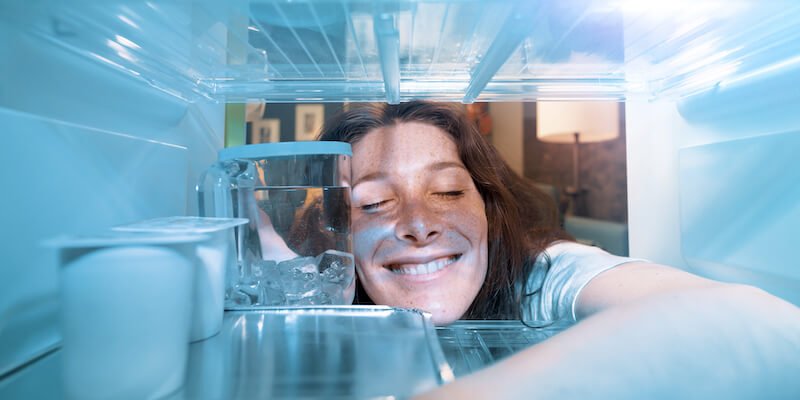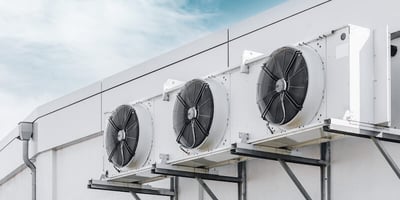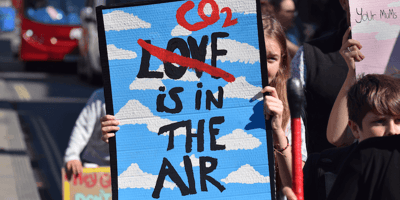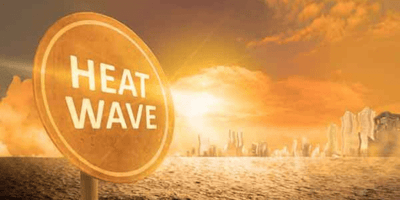Heat Waves are Coming: Here’s what they’re all about:
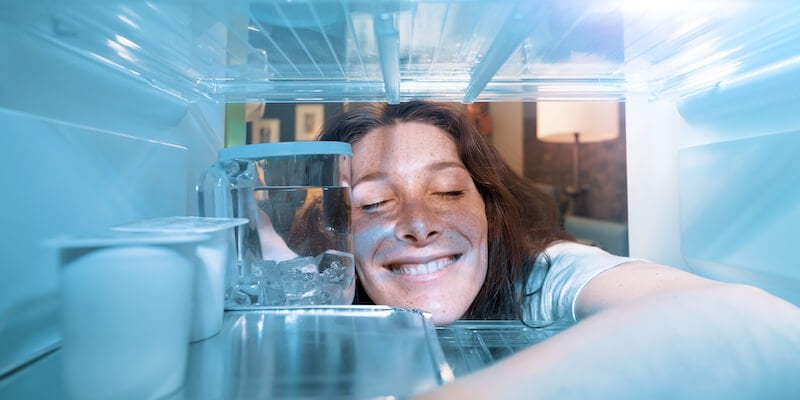
Twenty-twenty one was one of the seven warmest years on record according to the World Meteorological Organization. And 2022, is already facing significant heat waves around the world, including record-breaking temperatures in the earth's two poles, simultaneously. Antarctica and the arctic are experiencing unprecedented temperatures 47℃ and 30℃ higher than normal and India and Australia are currently enduring sweltering temperatures the whole month of March. With the summer season coming up, here’s what you need to know about heat waves and how to beat the extreme heat.
What are heat waves?
Heat waves happen when high pressure in the atmosphere pushes warm air toward the ground. This leads to loss of moisture making the air more stifling and easier to heat even more. This is what makes the heat wave overwhelm a region for several days or longer.
The trapped heat can continue to warm and create a ‘heat dome’ that acts like a lid of a pot, keeping the hot air local. In the United States, temperatures must be above historical average in an area for at least two days in order to be classified as a heat wave according to the national weather service, with some regions extending criteria to three days.
Is climate change the reason for the rise in heatwaves?
Experts say well, yes.The world has warmed by more than 1 degree Celsius (1.8 degrees Fahrenheit) since 1900. This warmer baseline has contributed to recent extreme weather events and intensifies the effects of heatwaves making them more extreme and more frequent. Researchers found that daily high temperatures have been increasing at a significant rate while fewer daily low recorded temperatures have, over recent decades. Scientists are also using computer models to create weather scenarios with and without global warming factors and global warming is making the heat waves worse.
Heat waves are also suspected to be more extreme in cities because of the urban heat island effect. Buildings, roads and other infrastructures that characterize a city can actually absorb and re-emit the sun’s heat more than natural landscapes. This has led to urban areas facing about 1-7 degrees Fahrenheit higher than neighboring outlying areas.
Health effects of heat waves
It’s no secret that extreme heat contributes to illnesses and can strain existing health conditions. Most common symptoms are a rise in headaches, skin irritation and dehydration and more serious conditions of dizziness, vomiting and heat strokes which can lead to death.A recent study from the University of Pennsylvania, recently found that heat can trigger heart attacks and other cardiac problems. By analyzing temperature trends with heart-related deaths, the research team found an overall 0.13% increase in deaths from heart disease due to each additional day of extreme heat in a month, mostly linked to men.
Heat waves also significantly contribute to air pollution. ‘Heat domes’ not only trap heat particles, but the stagnant layer can capture and hold air pollutants, resulting in build up of pollution. Heat also increases primary pollutant emissions, which can come from plant-based allergens, heat provoked wildfires, and ironically, air conditioning power usage.
Unfortunately, the increase in heat means the increase in air conditioning in buildings and cars which emit air pollutants. Sunlight and high temperatures also catalyze chemical reactions in the air between gasses creating more forms of ozone, which can exacerbate lung disease and asthma and even cause breathing difficulties in healthy people.
With a larger emphasis on mental health over the last decade, studies peering into the effect of heat waves, research has found that extreme weather conditions can directly impact mental health including increasing the irritability and symptoms of depression.
Actions against extreme heats
As the atmosphere continues to warm, governments are looking to take care of their people and hope to mitigate deaths related to extreme heats. People over 65 and those in lower socio economic class are more prone to heat related illness because of age and the inaccessibility to air conditioning and cooling systems, respectively.
That’s why some state mandates, like Seattle which experienced a deadly heat wave in summer 2021, are preparing for this upcoming season by focusing on making sure all their residents have access to home AC or community cooling centers, according to the Washington Department of Public health.
The Global community is also working together to combat climate change in order to halt and minimize the drastic changes projected to occur as a result of climate change. The Intergovernmental Panel on Climate Change (IPCC) works to detect early warning systems, to help regions properly prepare and help their people plan ahead for extreme weather.
What you can do to protect yourself from heat waves
The actions and the focus of the global and national communities is a start in combating heat waves but there are things you can do to make sure you and your family are protected. Ensuring that your home is properly insulated and cooled is the first step.
The CDC suggests staying in air-conditioning indoor locations as much as one can during a heat wave. While this can get expensive for sure, there are ways to keep cool even without running the AC all the time.
A smart, energy efficient solution
Investing in a smart AC system or converting your AC into a smart AC is one way to control the usage of your AC. You can prepare to have your AC turned on a couple of minutes before your arrival, through an easy smartphone application, and enter your home feeling like your AC has been running all day. This can be greatly cost-effective as most people do in fact run their units daily because they don’t have mobile accessibility, which can be controlled from anywhere to turn their machines on or off.
Stop airborne pollutants in their tracks
Another way you can protect yourself from heat-related illness is to keep your indoor air quality clean during the summer season. The best way to keep the air circulating your home is by cracking open a window, but during extreme temperatures this may seem impossibly hard to do.Additionally, the outdoor air pollution has risen due to the high temperatures. That’s why bringing in external devices like an air purifier significantly helps especially during the summer. Air purifiers can be cost-effective and easily installed into a home. They will trap the small pollutants found in stale air and prevent them from staying in circulation.
Sensibo has a line of premium and smart products that will help you prepare for heat waves and high temperatures. With smart ACs and purifiers, as well as high quality and effective filters to trap even the smallest pollutants, Sensibo’s products can all be controlled from their app anywhere in the world. Prepare the best way possible and speak to Sensibo to learn more about how you can be in control of your home this summer.

















.png?width=300&height=248&name=how-hotels-can-embrace-sustainability-and-cut-operational-expenses%20(1).png)













